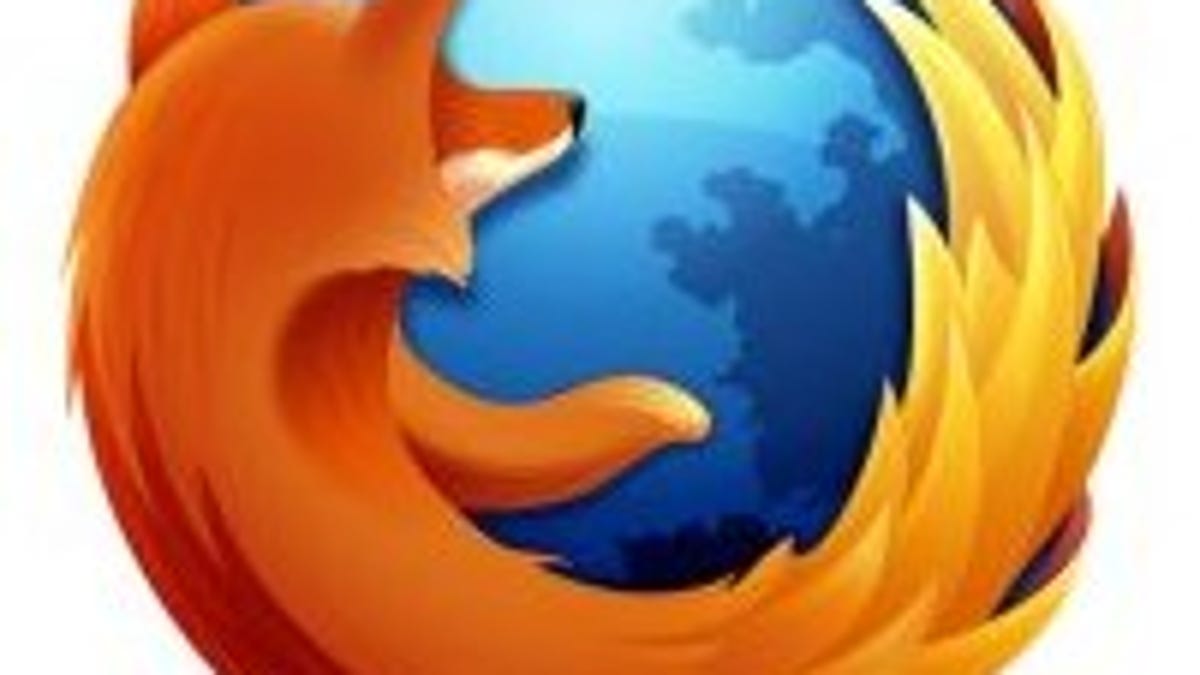Firefox 4 getting Bing search option
Mozilla and Microsoft have been fierce rivals, but they're cooperating when it comes to search results delivered from Firefox 4's search bar.

Firefox's direct pipeline to Google search results is Mozilla's dominant revenue source, but the next version of the open-source Web browser will also get Microsoft's Bing as an alternative.
Google will remain the default search option in Firefox, and Yahoo will be second, but Bing will become a third for English-language users when Firefox 4 is released, Mozilla announced Wednesday.
"Bing...offers a user experience that we think users will find valuable, and with its significant rise in popularity over the last year, we will also be including Bing as a general search option for English language users," said Jay Sullivan, Mozilla's vice president of products, in a blog post.
Microsoft has had a search engine for years, so why only add it now? "Until Bing launched last year, we didn't have many users asking us to include a Microsoft search engine in the search bar," Sullivan told CNET. "Since then, we've heard a lot of positive feedback about Bing, and based on our own analysis, we thought it offered a valuable user experience."
Those who delve into a dialog box already can add Bing and other search options to Firefox, so it's not as if Bing fans have been shut out. But the new option will build it in, a notable change given the fierce rivalry over the last decade between Microsoft and Mozilla when it comes to browsers.
The browser landscape is changing, though. After years of relatively sluggish change, Microsoft is back in the game with IE9, now in beta testing. The software includes support for many Web standards that Mozilla and others have been trying to establish for months or years, making IE now also something of an ally as well as a competitor.
Mozilla garnered $79 million in revenue in 2008, the lion's share from search ads on Google that appear next to search results. When Firefox is used to initiate the search, Google shares the resulting search revenue with Mozilla.
Mozilla's search partnership with Google is set to expire in 2011, but it won't necessarily end. The last search-ad partnership ended in 2008, but the two extended it. The announcement came just days before Google launched its Chrome browser.
Chrome is new competition for Firefox, to be sure, but don't expect Google to freeze out Mozilla just because it's got its own browser to promote now. For one thing, Mozilla remains a significant force in advancing Web standards Google believes in; Mozilla was the most prominent organization to endorse Google's open-source, royalty-free WebM video format, for example. For another, Google's bread and butter remains search advertising, and shutting down sources of search traffic isn't in Google's overall interests.
Chrome has changed how search works in a browser, though, with its "omnibox" that functions as a mechanism to type in both Web addresses and searches. Microsoft has adopted the same strategy with its IE9 beta.
And search is becoming even more prominent in Chrome. The developer version of Chrome on Windows now builds in Google Instant, the new search-as-you-type interface Google introduced in September.
The new Bing option isn't the only change coming to Firefox 4's search.
Mozilla also will scrap two search options present today, Answers.com and Creative Commons. The former is less popular than the Wikipedia option, Mozilla said, and the latter has shifted away from its earlier mission of locating content licensed under the Creative Commons into a general search engine.
So the way the search options will look after the change is as follows: Google, Yahoo, Bing, Amazon, eBay, and Wikipedia.
Firefox 4 is scheduled to ship before the end of 2010 and is in beta testing now. The next beta, the seventh, is set to be the feature-complete version, but Mozilla is wrestling with the best way to get beta 7 into testing while balancing speed and feature requirements.
Updated 9:08 a.m. PDT and 12:27 p.m. PDT with Mozilla's statement and commentary.

